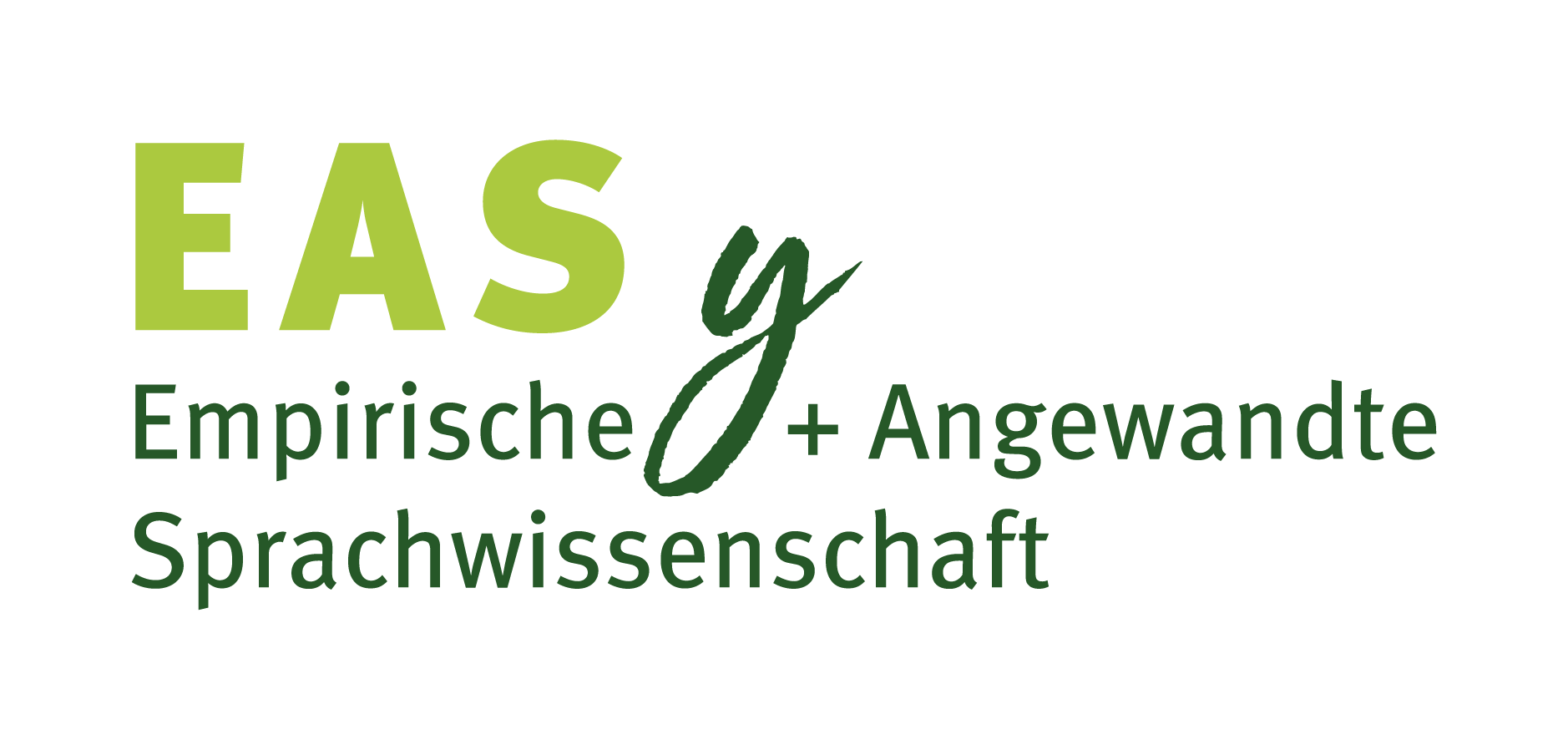Language Theories, Concepts, and Models
Objective
This module discusses the conceptual and theoretical foundations of linguistics. It is the counterpart to the module “Usage-based Language Description” (Module 2). While the latter focuses on basic empirical knowledge, this module is devoted to the concepts and theory-based models underlying linguistic analysis, which provide the second foundation of linguistic knowledge necessary for further study in specialization and elective courses.
Course content
The focus of this module is the conceptual basis of linguistics and the theory-building procedures that result from it. The module provides students with knowledge on a range of linguistic concepts and theories and enables them to compare, examine, and critically judge the logical and methodological coherence of different theoretical approaches. The lecture provides a systematic overview of the current theoretical discussion. In the seminar, concepts, theories, and models are critically considered on the basis of relevant publications, while the practical serves to allow discussion of theoretical issues. The following subfields of language theory are discussed: concept of structure in contrast to other approaches to language; universality and diversity of linguistic structures and their adequate modeling; categoriality and gradience of linguistic structures; current comparative grammar models; models of areal and genetic relatedness; language and cognition; language processing; biological bases of language ability; social cognition and its linguistic reflexes; language and society, co-evolution of language and culture, and social determinants of linguistic variation; and language change models.
Learning Outcomes
Students will have gained a systematic overview of the current linguistic theories. They will know the central research questions and will be able to classify them historically. They will be able to follow and participate in specialist discussions. They will understand the interdependence of practical research and theory and will be able to identify and critically question conceptual and theoretical foundations of empirical work.


